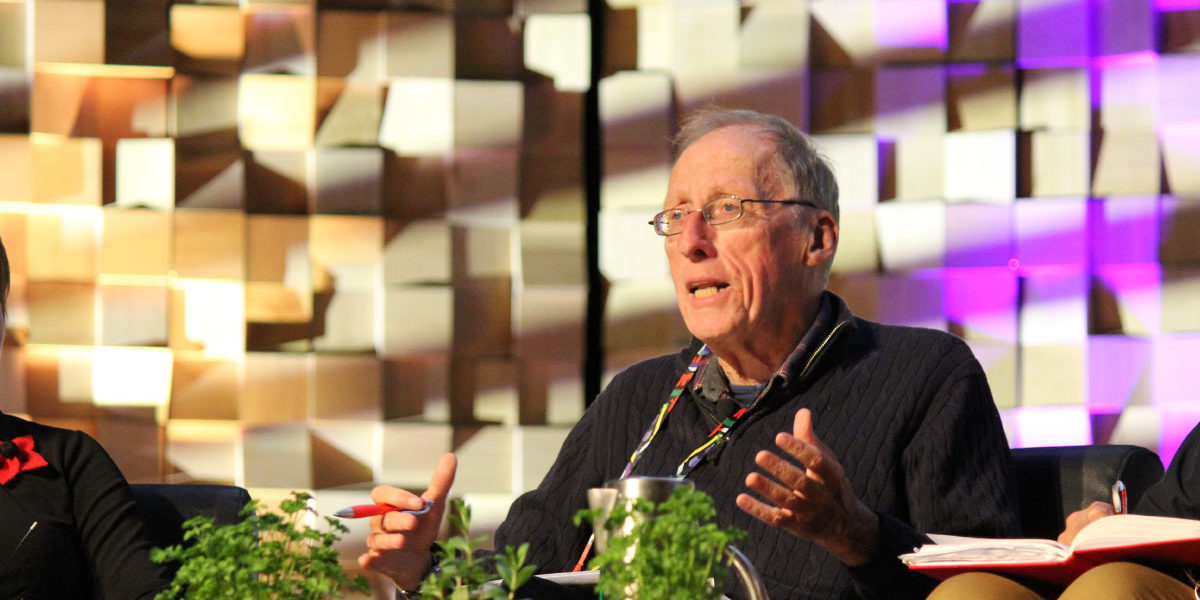AJEC Research Symposium Panel Discussion
For a panel discussion in the upcoming AJEC Research Symposium, we will be using this chapter as a starting point for ‘seizing the moment’ and asking each of the panel members how they would re-imagine and change the early childhood story. The panel members include:
- The CEO of a not-for-profit organisation (Early Childhood Australia), Samantha Page
- An experienced research academic, Professor Susan Greishaber (La Trobe University)
- An astute policy negotiator, Dr Rosemary Cahill (Telethon Kids Institute)
They will respond to the ideas, notions and wonderings that this chapter provokes, and they will consider how, as early childhood professionals, we might use this time government funded childcare courses to be the agents of our own narratives and seize the moment.
Unprecedented times do present challenges, but they can also offer new opportunities and possibilities. Through their latest book Cameron and Moss are asking us to contemplate transformative change and to not tinker with ‘reformist thinking’. They are calling on people all over the world to ‘tell a new story’.
Join us at the virtual AJEC Research Symposium to hear panel members’ perspectives on what this story might look like. To be part of the discussion, please read the concluding chapter* of the book and have your questions ready for the panel.
Edited by Paola Cagliari, Marina Castagnetti, Claudia Giudici, Carlina Rinaldi, Vea Vecchi, Peter Moss
Loris Malaguzzi was one of the most important figures in 20th century early childhood education, achieving world-wide recognition for his educational ideas and his role in the creation of municipal schools for young children in the Italian city of Reggio Emilia, the most successful example ever of progressive, democratic and public education.
Despite Malaguzzi’s reputation, very little of what he wrote or said about early childhood education has been available in English. This book helps fill the gap, presenting for the first time in English, writings and speeches spanning 1945 to 1993, selected by a group of his colleagues from an archive established in Reggio Emilia. They range from short poems, letters and newspaper articles to extended pieces about Malaguzzi’s early life, the origins of the municipal schools and his ideas about children, pedagogy and schools. This material is organised into five chronological chapters, starting at the end of World War Two and ending just before his death, with introductions to each chapter providing background, including the historical context, the main events in Malaguzzi’s life and the rationale for the selection of documents.

